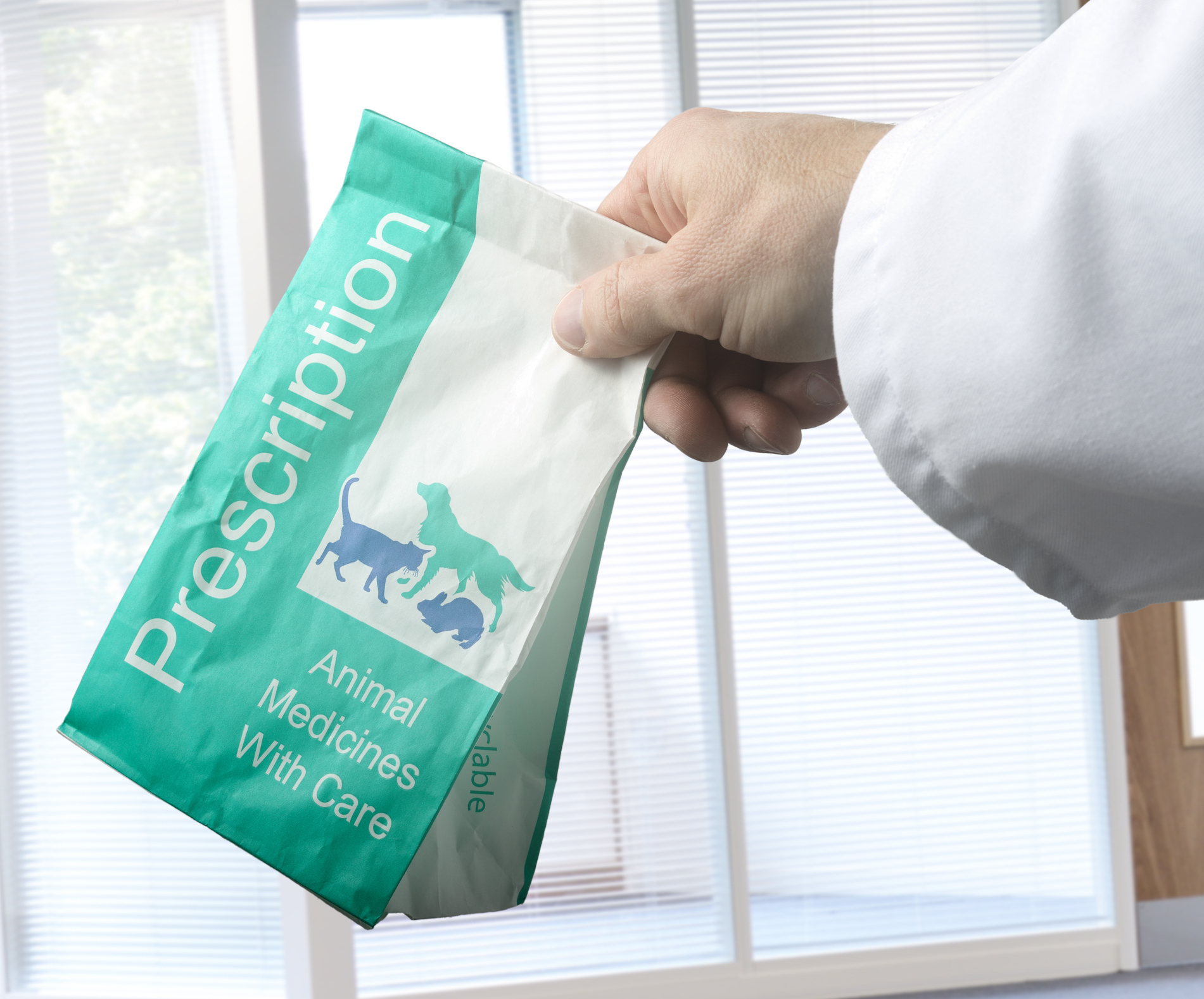
Animals and opioids, what is the connection?
Veterinarians are having to take on the prescription drug problem that currently plagues the country. Veterinary services is one such area that the opioid epidemic is impacting because pet owners could be mistreating their animals in order to get their fix.
U.S. Food and Drug Administration commissioner Dr. Scott Gottlieb issued a statement on the issue. Though there hasn’t been much information about responsible opioid prescribing methods for veterinarians, the FDA created a guide on what they need to know.
States are allowed to create their own regulations for veterinary medicine, including regulation about controlled substances and under what conditions they may be prescribed. The guide discusses how veterinarians may spot the signs of a client abusing opioids.
The FDA is aware that pet owners may purposefully abuse their animals in order to receive a prescription for opioids. Others may find that a veterinarian is the easier route to go to receive a prescription because they aren’t nearly as regulated to spot the warning signs of addiction as a health care provider may be.
Like any health care provider, veterinarians are required to be licensed by the Drug Enforcement Administration (DEA) due to their authority to prescribe opioids to animals.
The statement from the FDA came after the release of a report by the American Journal of Public Health which called on veterinary, public health, pharmaceutical and regulatory communities to address the misuse of opioids in animal medicine.
The report surveyed veterinarians in Colorado about the possible abuse and misuse of drugs by pet owners under the guise of helping their pet. The results showed 13% were aware that an animal owner intentionally injured, or seemed to make their animal ill, in order to get an opioid prescription.
Furthermore, 44% were aware of opioid abuse by either a staff member or client, and 62% believed they had a role in preventing the opioid misuse and abuse.
The authors wrote, “We recognize that this … sample, representing 10% of the society’s members, has limited generalizability and cannot be used to extrapolate to all practices. Nonetheless, these data are sufficient to warrant immediate action.”
Michael San Filippo, a spokesperson for the American Veterinary Medical Association, issud a statement on the issue. “Though our animal patients are not the ones struggling with opioid addiction, concerns about misuse and diversion are top-of-mind for the veterinary profession, and the AVMA is actively involved in providing resources to practitioners describing alternative ways to treat pain and minimize opioid use,” he said.
“While the limited data available suggests diversion from veterinary practices isn’t a widespread problem, that doesn’t mean we should pretend it doesn’t exist,” it said. “In fact, AVMA policy calls for further research to determine the prevalence of veterinary drug shoppers and to further clarify the degree to which veterinary prescriptions are impacting, or not, the human opioid epidemic.”






